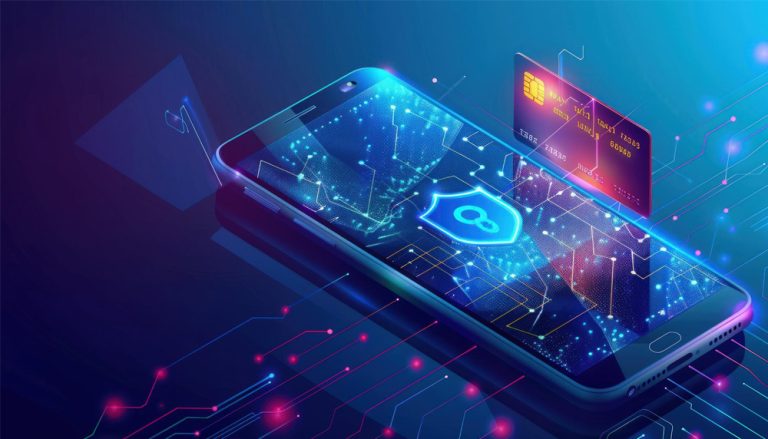
Last updated on September 23, 2025
Impact of AI tools for software development on our work and lives.
Summary:
AI is transforming software development by automating coding, debugging, and project management, while also reshaping the role of developers into creative collaborators who guide and refine AI outputs. AI developer tools like GitHub Copilot and Cursor.ai make development faster and more efficient, yet they introduce challenges such as subtle bugs, outdated practices, and security risks due to their limited contextual understanding. Although enterprise AI tools provide stronger security, they often lack the ease of use found in open-source alternatives. Beyond the workplace, overreliance on AI may weaken essential human skills, underscoring the need to balance technological efficiency with human creativity and connection.
In our last blog, we discussed the impact of AI on software development. In this we will evaluate the ways in which AI has changed our work, especially software development, and how its impact extends beyond our work to other aspects of our lives.
The most difficult part of software development – coding – has become easier, faster, and efficient with AI tools like GitHub Copilot, Windsurf, and Cursor.ai. These tools are used extensively across the development cycle for tasks like generating code, code completion, identifying bugs, debugging, deployment.
The tools have changed our roles and responsibilities as well. We are now redefining our definitions of expertise and creativity. Expertise now – is the ability to evaluate and correct AI generated or built items, and creativity is coming up with ideas better than LLMs. But many more terms have changed in their meaning and importance, like – conversation, brain-storming,
emotional intelligence, etc. Previously, only humans were the participants in these actions, but now, AI is probably a more dominant participant.
Key Impacts of AI tools on Software Development:
- Automated Code Generation: AI-powered tools, often referred to as “coding assistants,” can now generate significant portions of code from natural language prompts. This frees up developers from writing repetitive boilerplate code, allowing them to focus on more complex problem-solving and architectural design.
- Enhanced Testing and Debugging: AI algorithms can automatically generate and execute test cases, identify bugs, and even suggest fixes with a high degree of accuracy. This significantly speeds up the quality assurance process and leads to more robust and reliable software.
- Intelligent Project Management: AI is being used to analyze project data, predict potential roadblocks, and optimize resource allocation. This helps in making more accurate timelines and budget estimations.
- The Evolving Role of the Developer: Rather than replacing human developers, AI is augmenting their capabilities. The modern software engineer is increasingly becoming a collaborator with AI, guiding and refining the output of intelligent systems. This requires a new set of skills, including the ability to effectively prompt and interact with AI models.
Reasons for Caution
The biggest thing to remember is that these AIs don’t understand code in the way a human does. They are incredibly powerful pattern-matching systems trained on billions of lines of public code. Think of them like someone who has memorized every book in a library but doesn’t grasp the meaning of the stories. They can quote passages perfectly, but they can’t tell you the author’s true intent. This leads to a few common pitfalls:
- Confident but Wrong Code: The AI can generate code that looks perfect—it may have the right syntax and seems logical—but may contain a subtle bug. It might use a variable incorrectly or miss an important edge case that a human would spot.
- Outdated or Inefficient Suggestions: The AI’s knowledge is based on the code it was trained on, which isn’t always up-to-the-minute. It might suggest using a library that is now outdated or write code in a less efficient way than modern best practices.
- Security Risks: Because it learns from public code, it can sometimes reproduce common security vulnerabilities. If it has read a lot of code with a certain flaw (like being open to SQL injection), it might suggest that flawed pattern to you.
- Lack of Context: It doesn’t know your project’s overall architecture or long-term goals. It might suggest a quick, “easy” fix that introduces a bigger problem down the road.
Corrections and the Way Forward
Most of these advantages and limitations are common across many AI tools, not just the ones related to software development. The open source or generic AI tools carry most of the limitations, however they’re still successful as the benchmarks tend to be low. Many employees working in enterprises even prefer generic AI tools over those their organization may have purchased, as generic tools are usually more user-friendly and do not have a steep learning curve. Whereas, enterprise AI tools tend to have better security but it might come at a cost – they may have limited functions or complex authorizations.
Enterprise AI still has a long way to go. But, that doesn’t mean that every business needs to build its own tools or AI agents that understand their business workings and context. In fact, according to a recent study,many of the AI agents built for internal use tend to fail despite consuming significant costs. A more mature enterprise AI ecosystem rests on co-building reliable AI and buying from the market instead of innovating the same wheel repeatedly.
Impact beyond work
AI as a work tool is great and should be leveraged more for doing better work faster. However, with reports suggesting brain rot and loss of creativity or essential skills like writing, logical skills, we shouldn’t ditch our usual non-AI mode of writing, conversing, thinking at least in our personal lives. AI has already created a post-truth world where we can’t differentiate right from wrong and real from un-real. Extending it to personal live will not only make human live unnecessarily complex but also squeeze out the simple joys of life.
Let’s use AI but stay human.
If you’re searching for a partner to co-create purposeful AI agents or AI applications that are reliable, look no further. Share your requirements and your concerns with us at info@blancoinfotech.com





